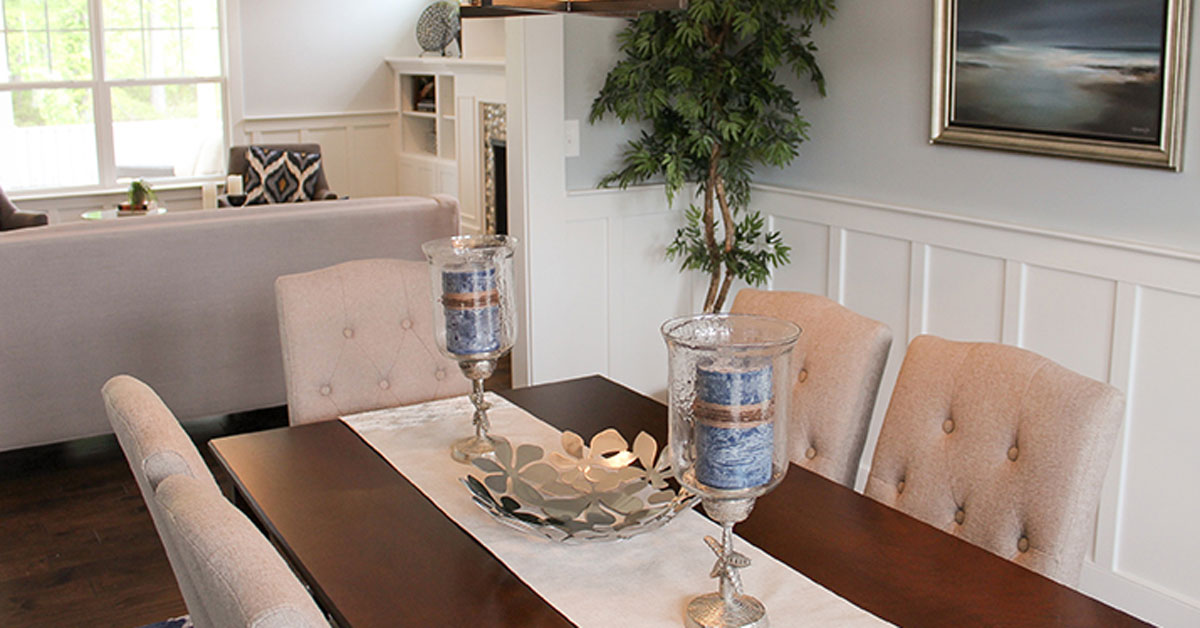Considerations When Choosing a 15-Year or 30-Year Mortgage

When you’re trying to buy a house, you think choosing which home to purchase will be the hard part. But that’s just a small piece of the decision puzzle yet to come. Who will do your inspection? Who will be your mortgage lender? When should you lock your rate? Who will be your home insurance company? The list goes on and on. One of those decisions you must make is whether to choose a 15-year or 30-year mortgage.
Mortgage Bankers Association reported that 86% of people applying for mortgages in February 2015 chose 30-year loans. But does that mean it’s the right choice for you? The main differences between a 15-year and 30-year mortgage are fairly simple. The decision, however, may not be. A 15-year mortgage will cost you more in monthly payments. That may make this shorter loan seem like a less affordable option, but you’ll pay less interest. Therefore, you’ll pay significantly less over the life of the loan. A 30-year mortgage will have lower monthly payments, but you’ll pay more in interest, meaning you’ll pay more for the house over the life of the loan.
In short, a 15-year mortgage means higher monthly payments, but a smaller total payment. A 30-year mortgage means lower monthly payments, but a larger total payment.
Mortgages are not one-size-fits-all, and choosing a 15-year versus 30-year option should be determined based on your unique financial situation. So let’s explore the options further.
What should you consider when choosing a 15 vs. 30-year loan?
Affordability
First and foremost, decide what you can afford on a monthly mortgage payment. Consider the interest rates you expect to receive on both the 15- and 30-year mortgage, and calculate your potential monthly payment. There are countless online mortgage calculators that can help. But don’t forget to include real estate taxes and home insurance into your monthly budget (and all your other monthly payments and debts). If you can easily afford the monthly payment of a 15-year mortgage, then that option may be the one for you. But if you don’t feel comfortable making the payment, the 30-year term may be your better choice.
Your job and age
At a certain point, you need to take a look at the stability of your income. You may be able to afford the monthly payments of a 15-year term now. But what if you were to lose your job? Could you still easily make your mortgage payments? If you’re planning to retire in the near future and can afford the higher monthly payment of a 15-year mortgage, it may be better to choose this loan option so you can get rid of your mortgage quicker. The advantage of retirement is that you don’t have the worry of potentially losing your monthly income, since it becomes fixed.
Saving goals
Do you have any particular saving goals in mind? These may help you determine which loan term is best for you. For instance, how large is your emergency fund? If a large appliance breaks, can you still support all your financial commitments? If the answer is no, a 30-year loan is probably a better option for you so you can start saving for that emergency cushion. If you have other goals in mind, such as retirement savings, investments, or a child’s college fund, those may impact your choice to select the 30-year term as well.
Tax break
You shouldn’t base your loan term decision solely on the tax break it can give you. However, a 30-year mortgage may give you the most tax benefits. But always consult a tax professional for more information.
Still not sure which loan to choose?
Assuming that you don’t have a prepayment penalty associated with your mortgage, you have another best-of-both-worlds option. If you choose the 30-year term, but pay double your monthly payment, you could still pay off the loan in 15 years. You’re not locked into the higher monthly payment, so you’re protected if times get tough. A mortgage banker is a great resource to assist you with making the right mortgage decisions.